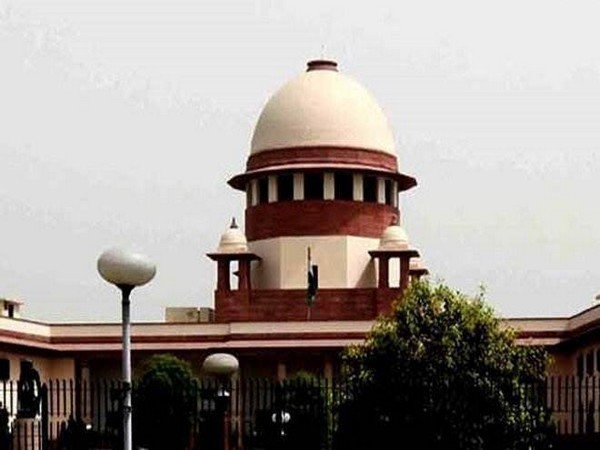
The Supreme Court in the case Jagwinder Singh v. State of Punjab observed and has held that the law does not require only an independent witness to prove a charge attracting the provisions of Narcotic Drugs and Psychotropic Substances Act, 1985, NDPS.The bench comprising of Justice M M Sundresh and Justice Aravind Kumar in the case observed while considering the case wherein the appellant had been found guilty of an offence under Section 15 of the NDPS Act by the trial court and subsequently the High Court for possession of poppy husk amounting to 54 Kgs.
It has been argued by the appellant in the case that only the police witnesses had been examined and, in the absence of any independent witness, the appellant ought not to have been convicted by the courts below.
Before the court, the appellant also argued that he was merely traveling in the car and that he was not in conscious possession of the contraband. Thus, the CFCL form was not filled up at the place of recover.
It was contended before the court that the procedure contemplated under the NDPS Act, with respect to seizure and recovery, has not been complied with.
On the other hand, it has been argued by the State that all the submissions had been considered by the courts below while convicting the Appellant. It was also pointed out that the Trial Court had only imposed a minimum sentence of 10 years of rigorous imprisonment on the Appellant.
The said court did not agree with any of the contentions raised by the Appellant and hence refused to interfere with the High Court order.
The court in the case observed and remarked that this court finds no merit in appeal and the law does not require only an independent witness to prove a charge attracting the provisions of NDPS Act. As it has rightly been held by the court that there is procedural compliance with respect to arrest, seizure, and recovery. Thus, the PW-3 is competent to undertake the exercise of gathering evidence and, in any case, PW-7 who himself is a gazetted officer was very much present. The recovery was also made from the car.
The court while considering the facts and circumstances of the case stated that the views expressed by the said court below that non-filling of the CFCL form at the site where the arrest and recovery was made would not vitiate the case as it constitutes a part of procedural law. Accordingly, the court dismissed the appeal.















